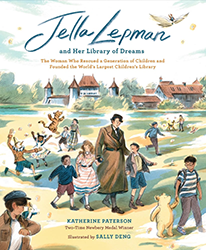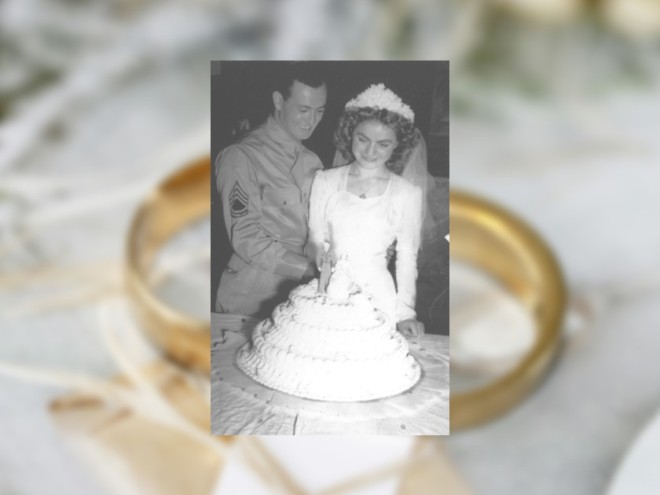British author Michael Rosen is well-known for his many children’s books, including the modern classic We’re Going on a Bear Hunt. His latest, On the Move: Home Is Where You Find It, is a heartfelt and intellectually honest appraisal of what it means to be the child of refugees from Holocaust-stricken Europe. Throughout this memoir-in-verse, Rosen reminds young readers who may not initially identify with the lives of immigrants and refugees that their own security may be fragile. Those fleeing poverty or terror are not essentially different; we all “might suddenly find ourselves/in a wrong place at a wrong time/carrying the wrong passport/with a face that doesn’t fit.”
Rosen frames his story as a search. Like many children, he grew up dissatisfied with adult responses to his questions. Hearing allusions to relatives who had been lost, he became determined to metaphorically rescue them by researching their lives, restoring what the Nazis and their collaborators had erased. In the book’s introduction, Rosen explains that poetry is the perfect literary vehicle for this task, as the form itself is a kind of migrant — traveling, witnessing, and surviving. By explaining and then demonstrating the truth of this connection, Rosen sets his book apart as a truly distinctive example of the genre.
Organized by theme, the collection allows each poem to adopt a different tone while still maintaining its goal of searching for the truth. The poems are complemented by Quentin Blake’s haunting gray-and-black drawings of nameless figures in motion, struggling to find new homes. Traveling through anonymous landscapes, they convey both suffering and resilience.
Reflecting on past relationships with family members is not an exercise in nostalgia. On the contrary: while his vignettes are imbued with love, Rosen does not idealize his parents and grandparents or convert them into archetypes. And when he uses Yiddish, less-common phrases particular to specific events revive a lost culture. The rhythmic and comic “Two Languages” captures his mother’s admonitions about bad manners, pairing familiar bilingual words such as “moan/kvetch” and “slurp/chup.” But in “A Word,” Rosen goes farther afield with the phrase shnobbra-gants (goose-beak), which he borrows from his father. His father cannot recall the word’s actual meaning, only its association with a long-ago family meal. Rosen then invents his own image of elderly relatives “turned into geese,/at the edge of a forest…/flapping their wings.” In doing so, he preserves the perspective of a child making meaning out of gaps in information.
When parents try to protect their children from trauma by selectively narrating the past, the result is often confusion. Rosen watches his mother as she reenacts the Battle of Stalingrad by moving plates and bottles across a table; his father recalls a visit to Berlin after the war, when a blizzard left dinosaur skeletons — which a bombing at the Natural History Museum had displaced — stranded in the snow. Rosen seizes on these anecdotes to both reconstruct events and also reveal details about specific people who suffered. Without this active commitment, those individuals would be lost.
Rosen captures the sense that children have of war’s senselessness: “When they do war, /they forget how to count./They forget how to count,/and that’s how they do it.” His memoir returns meaning to silenced lives, and conveys the importance of welcoming the stranger.
Emily Schneider writes about literature, feminism, and culture for Tablet, The Forward, The Horn Book, and other publications, and writes about children’s books on her blog. She has a Ph.D. in Romance Languages and Literatures.





